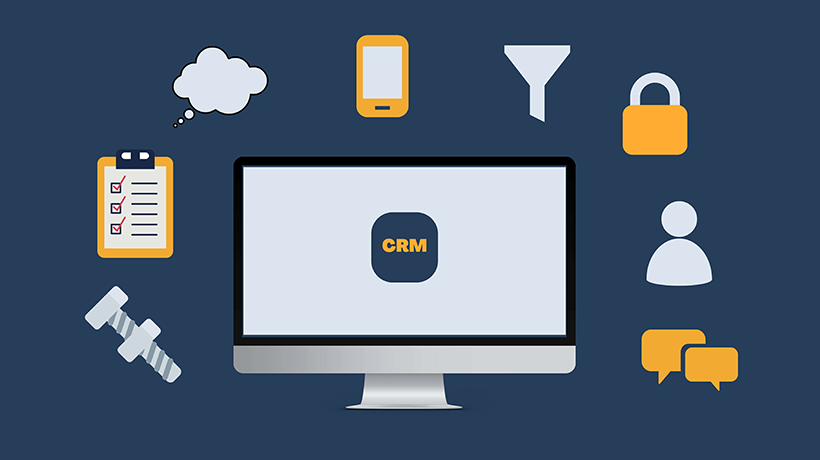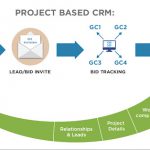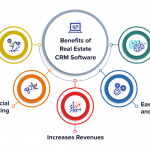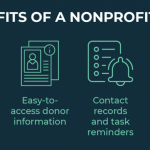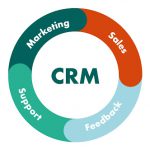CRM for service businesses 2024 : In today’s highly competitive business landscape, delivering exceptional customer service and effectively managing customer relationships are crucial for the success of service-based businesses.This is where Customer Relationship Management (CRM) software comes into play. CRM solutions provide a range of powerful tools and functionalities that enable service businesses to streamline their operations, improve efficiency, and enhance customer relationships.
CRM for service businesses
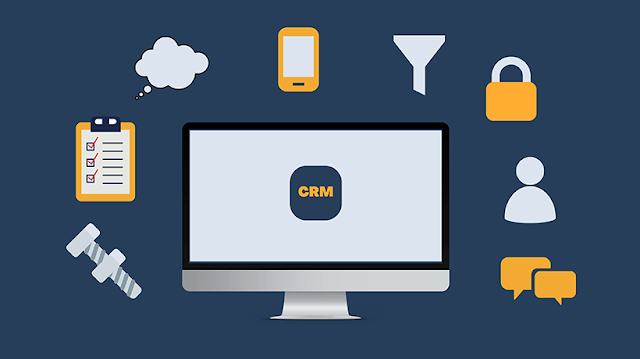
In this article, we will explore the transformative power of CRM for service businesses and how it can revolutionize their operations, leading to increased customer satisfaction and sustainable growth.
Centralized Customer Information
One of the key benefits of CRM for service businesses is the ability to centralize customer information in a single database. CRM software allows businesses to store and organize valuable customer data, including contact details, service history, preferences, and interactions.This centralized customer database enables businesses to have a comprehensive view of each customer, their needs, and their past interactions with the company.By having access to this information, service businesses can provide personalized and targeted service, anticipate customer needs, and deliver a seamless customer experience.
Streamlined Service Requests and Workflows
CRM solutions for service businesses often include features for managing service requests and workflows efficiently. These systems enable businesses to track and manage customer inquiries, assign tasks to team members, set priorities, and monitor progress.By streamlining service requests and workflows, CRM software ensures that customer inquiries are promptly addressed, tasks are efficiently assigned, and service delivery is seamless.This results in improved response times, enhanced productivity, and ultimately, increased customer satisfaction.
Appointment Scheduling and Calendar Integration
CRM systems designed for service businesses often include appointment scheduling capabilities. These features allow businesses to manage their calendars, schedule appointments with customers, and send automated reminders.CRM software can also integrate with popular calendar applications, ensuring that appointments are synchronized across platforms and reducing the risk of double-bookings or missed appointments.By utilizing CRM for appointment scheduling, service businesses can optimize their time management, minimize scheduling conflicts, and provide a convenient and reliable service experience for their customers.
Effective Customer Communication
CRM solutions provide various tools for effective customer communication. These include email integration, SMS capabilities, and even chat or messaging features.CRM software allows businesses to communicate with customers through their preferred channels, ensuring timely and personalized interactions.Automated email responses and templates can be utilized to deliver consistent messaging and provide quick responses to common customer inquiries.By utilizing CRM for customer communication, service businesses can foster stronger relationships, improve customer satisfaction, and maintain a high level of professionalism in their interactions.
Service Contract and Warranty Management
For service businesses that offer contracts or warranties, CRM systems can play a vital role in managing these agreements efficiently.CRM software enables businesses to create and store service contracts, track contract expiration dates, and manage warranty claims. This ensures that service businesses can deliver services within the agreed-upon terms, proactively reach out to customers for contract renewals, and provide support for warranty claims promptly.CRM for service contract and warranty management simplifies administrative tasks, reduces manual errors, and improves overall customer service.
Data Analytics and Reporting
CRM solutions provide valuable insights through data analytics and reporting features. These functionalities allow service businesses to gain a deeper understanding of customer behavior, service trends, and performance metrics.CRM software can generate reports on key metrics, such as customer satisfaction rates, service response times, and service performance.By analyzing this data, service businesses can identify areas for improvement, optimize service delivery, and make informed business decisions. The data-driven approach provided by CRM software empowers service businesses to continuously enhance their operations and exceed customer expectations.
Integration with Other Business Systems
CRM systems can integrate with other essential business systems, further enhancing their functionality and impact. Integration with accounting software, project management tools, or customer support platforms allows for seamless data flow and eliminates duplicate data entry.This integration ensures that all business systems are synchronized, providing a holistic view of customer information and streamlining overall operations.By integrating CRM with other business systems, service businesses can achieve higher efficiency, reduce administrative overhead, and deliver a seamless customer experience.
Conclusion
CRM software has become an indispensable tool for service businesses looking to streamline operations and enhance customer relationships.By centralizing customer information, streamlining service requests, automating appointment scheduling, facilitating effective communication, managing service contracts, analyzing data, and integrating with other business systems, CRM solutions empower service businesses to deliver exceptional service and achieve sustainable growth.Embracing CRM for service business operations allows companies to optimize their workflows, increase customer satisfaction, and gain a competitive edge in today’s service-oriented marketplace.
